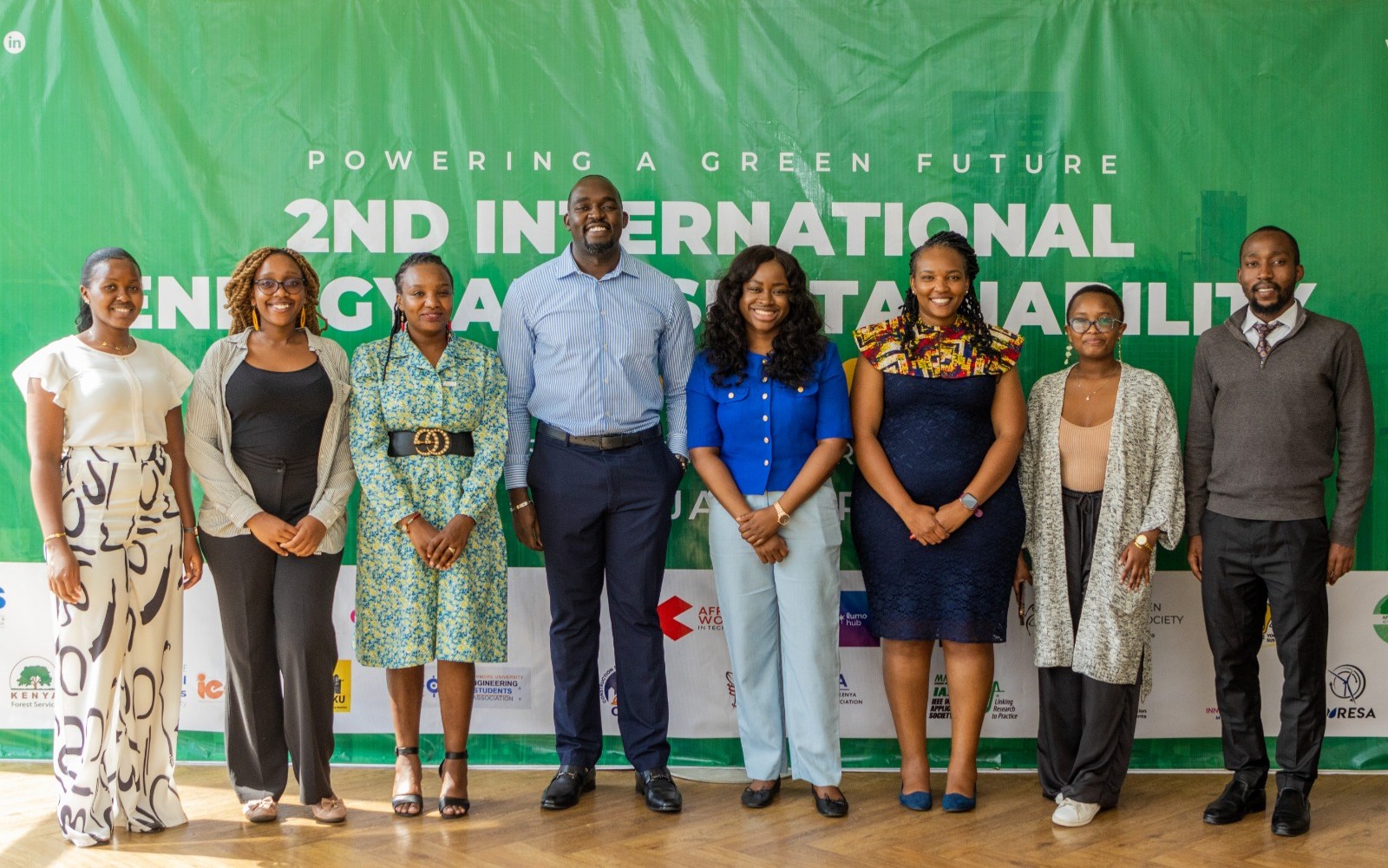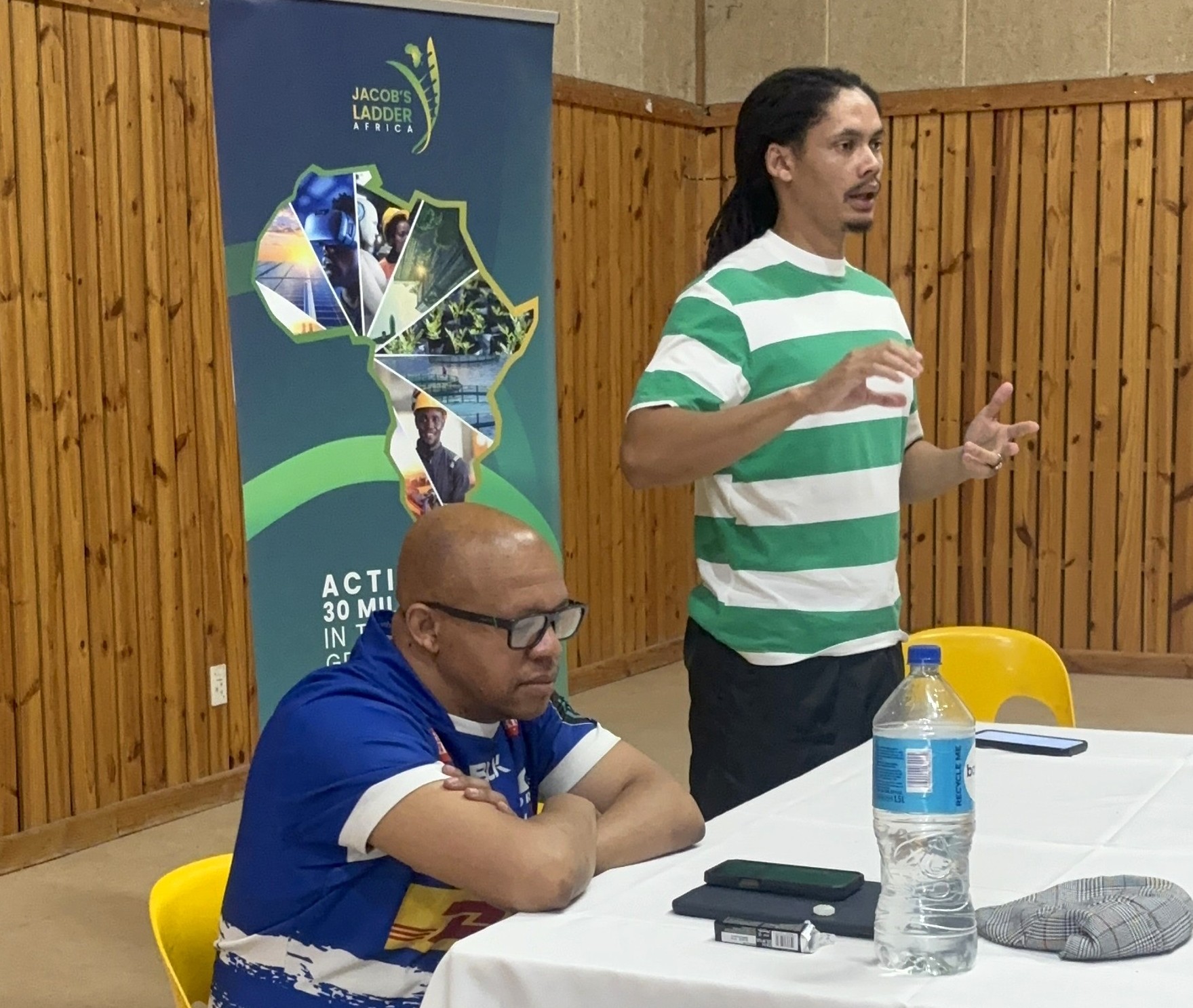The Overlooked Crisis
In Africa, climate change is not just an environmental issue – it’s a public health emergency. The floods, rising temperatures, prolonged droughts, and changing disease patterns are placing an unbearable strain on already fragile health systems. But despite being on the frontlines of the climate crisis, Africa still remains grossly underfunded when it comes to climate-health financing.
The recently released Resourcing Climate and Health Priorities report, developed by the Global Climate and Health Alliance (GCHA), the World Health Organization (WHO), and the UK Health Alliance on Climate Change, with contributions from over 50 climate and health funding experts, provides a comprehensive analysis of the current landscape of climate-health financing. It highlights the gaps in the existing funding mechanisms and offers strategic recommendations for integrating health into the climate finance framework.
It illustrates a troubling reality. Health remains severely underrepresented in global climate finance. Africa, the most vulnerable region, is getting the short end of the stick. This raises the question; what’s causing this funding gap, and more importantly, how do we fix it?
The Climate-Health Finance Gap in Africa
First, let’s start with the numbers. According to global climate finance reports, only 0.5% of international climate funds are allocated to health. Yes, that’s right – less than 1% of climate finance is directed toward protecting people from the very real health impacts of climate change.
For Africa, the situation is even more dire. The continent faces rising cases of malaria due to shifting vector habitats and worsening malnutrition from extreme droughts. This builds upon the overstretched healthcare system dealing with climate-related disasters. But despite these growing threats, African nations struggle to access the limited funds available.
If we’re serious about building climate-resilient health systems, we need to ask the tough questions: Why is climate finance failing to prioritize health? Why is Africa being left behind?
The Barriers Keeping Africa Out
African countries face a tripartite challenge when it comes to securing climate health finance:
- Health is Sidelined in Climate Finance Discussions
Climate finance has been historically focused on energy, infrastructure, and agriculture. While these are very important, health is rarely seen as a climate priority. Most African policymakers still separate health policy from climate policy, leading to missed funding opportunities. - Complex and Bureaucratic Funding Processes
Many African countries lack the technical capacity to navigate the complex requirements of global climate funds. The paperwork, the lengthy approval processes, and the rigid eligibility criteria make it nearly impossible for health projects to secure funding. - Limited Domestic Investment in Climate-Health Resilience
African governments often rely on external funding for healthcare, leaving little room for climate-health integration in national budgets. Without strong domestic investment, external funders are less likely to commit to long-term support.
How Do We Fix This? A Call for Action
The good news? Change is possible—but only if African leaders, donors, and global policymakers step up. Here’s what needs to happen:
- Make Health a Core Part of Climate Finance Negotiations
Africa must push for health to be fully integrated into climate finance mechanisms. This means strong representation in platforms like the Green Climate Fund (GCF) and a firm stance at global summits like COP30. - Strengthen African-Led Financing Mechanisms
Institutions like the African Development Bank (AfDB) and the African Union (AU) should establish dedicated climate health funds to reduce reliance on external donors and streamline access to resources. - Empower Civil Society and Youth Leaders to Drive Change
Youth-led initiatives like Green Health Africa and regional climate-health networks need funding and capacity-building to amplify their impact. When young people advocate for climate-health financing, policymakers listen. - Build Policymaker Capacity to Access Climate Funds
Governments must invest in training health and climate ministries to navigate global funding mechanisms. More African applications mean better chances of securing the money needed for real solutions.
Conclusion: The Time to Act is Now
Africa cannot afford to wait. Every year of inaction means more climate-related diseases, more overwhelmed health systems, and more lives put at risk. Climate finance must start to prioritize health, and Africa must claim its fair share.
The world is finally recognizing the deep connection between climate and health. The question is: Will Africa be at the table when decisions are made, or will it continue to be an afterthought?
The time to act is now. If we want a climate-resilient Africa, we need to invest in its health systems today.






